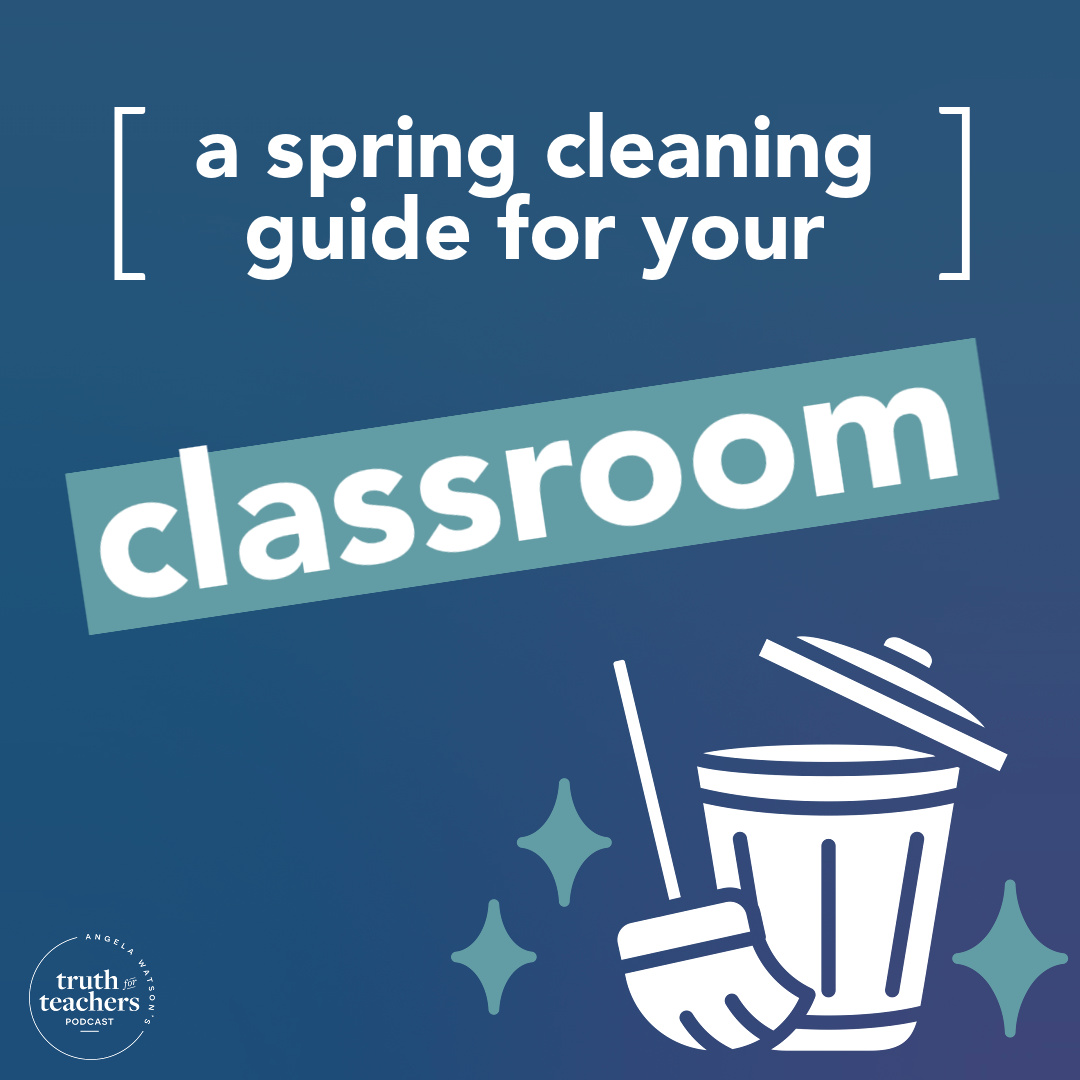EP315 Humans Who Teach: A guide for centering love, justice, and liberation in schools (with Shamari Reid)
Description
In this last episode of 2024, I want to leave you with a powerful conversation to marinate on deeply.
I’m talking with Dr. Shamari Reid, an assistant professor of justice and belonging in education at New York University. He has taught Spanish, English as a new language, and ELA at the elementary, secondary, and post-secondary levels in Oklahoma, New York, Uruguay, and Spain.
Shamari shares the journey from seeing himself as a “teacher superhero” to understanding he’s a human who teaches. Like many of us, Shamari once believed that it was his job to save his students and fix systemic issues like racism and classism through sheer hard work. That mindset led him to overwork himself until he burned out completely, even blacking out while driving from exhaustion.
During his recovery, Shamari came across Toni Morrison’s concept of self-regard, which caused him to rethink his identity and realize that he was more than just a teacher. He started to see the importance of recognizing his humanity and taking care of his needs outside of the classroom.
I could relate deeply to Shamari’s experience. As women, especially those of us in nurturing roles, we often feel pressure to put our personal needs last. In this conversation, we unpack how different groups, like Black male educators, face unique pressures. Shamari shares the unrealistic expectations placed on him, particularly being seen as a relatable savior for students facing discipline issues.
Together, we explore how centering love in education—nurturing both students’ and our own emotional and spiritual growth—can create a more just and equitable learning environment. It takes courage to break away from fear-based, status quo practices and lead with love, but it’s necessary.
We talk about how teachers can overcome common fears like making mistakes, not being perfect, or neglecting academics. Shamari shares practical steps for navigating these challenges, including articulating your vision, planning backwards, and, most importantly, giving yourself grace.
At the heart of this conversation is a reminder: being human is enough. We don’t need to earn our worth by overworking or sacrificing our boundaries. It’s okay to say no, set limits, and take care of yourself. By embracing our humanity, we invite love into our classrooms and can overcome obstacles together.
This is an honest, heartfelt conversation about what it really means to teach with love and why it's crucial to prioritize our well-being. I hope it leaves you feeling inspired and reminded that you are enough—just as you are.
I’ll be back with more episodes for you in the new year. Until then, be well, my friends, and keeping choosing love over fear.
Get the shareable article/transcript for this episode here.
























